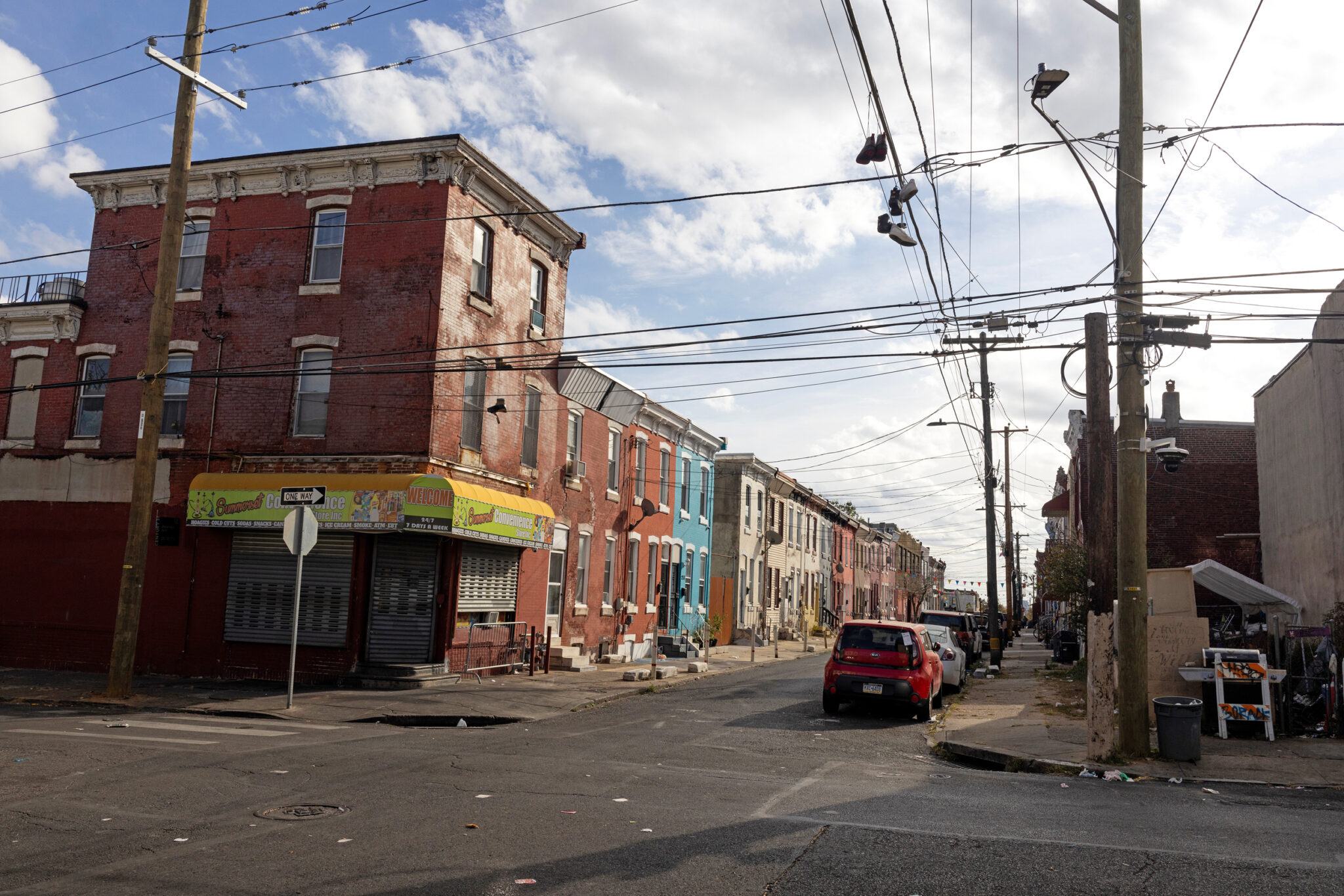As a particularly cold winter sputters to an end, Pennsylvania’s Low Income Home Energy Assistance Program, which helps residents pay their heating bills, closed on Friday—several weeks earlier than expected.
Funding for LIHEAP has dried up because federal workers who administer the program were recently laid off by the Trump administration, said Elizabeth Marx, the executive director at the Pennsylvania Utility Law Project, a legal advocacy group that assists people struggling to pay their utility costs. About $19 million has yet to be sent to the state.
The state Public Utility Commission sent a letter this week to Congress about the shortfall and called the fund a “lifeline for Pennsylvania’s most vulnerable households.”
Marx said the delay in federal funds couldn’t happen at a worse time.
April is known as the start of “termination season,” she said, when her organization sees an uptick in the number of households whose electricity or gas is turned off. State regulations prohibit winter disconnections before April 1.
...
Sanya Carley, the faculty director at the University of Pennsylvania’s Kleinman Center for Energy Policy, said the gutting of the staff is behind the funding interruption. “With the layoffs at HHS, that means that nobody is there to allocate the remainder during the more extreme, excessive heat months,” she said.
LIHEAP is “one of our cornerstone social assistance programs,” said Juanita Constible, a senior advocate for environmental health at the nonprofit Natural Resources Defense Council (NRDC). It can mean the difference between a family being able to afford to stay in their home or not or to feed themselves or not, she said.
Even if funds were sent this week, the program would not be able to re-open immediately. “You can’t just turn a program like that on a dime,” Marx said. The delay could also mean bad news this summer and beyond.
Without help from LIHEAP to pay debts to utility companies accumulated over the winter, thousands of households could lose power, leaving them with limited access to electricity this summer. The pause in payments will likely drive up demand for aid in the fall, advocates said. LIHEAP also covers maintenance and repair to home furnaces.
Utility disconnections can lead to other losses for families scrambling to make ends meet. (Think of a refrigerator full of spoiled groceries.) They can spur evictions and, in some cases, cause children to be removed from homes deemed unsafe. And as Pennsylvania and the rest of the country face increasingly hot summers because of climate change, air conditioning is no longer a convenience but a life-saving necessity. Prolonged heat exposure exacerbates chronic conditions including asthma, diabetes and hypertension and can endanger pregnant women, children and the elderly.
LIHEAP was among the programs seen as most critical for helping families in Philadelphia at a climate justice event hosted by Drexel University last week.
...
Now, experts say the situation is dire. “People will die,” Carley said. “People will die this summer if they cannot cool their homes and they cannot pay their bills.”


